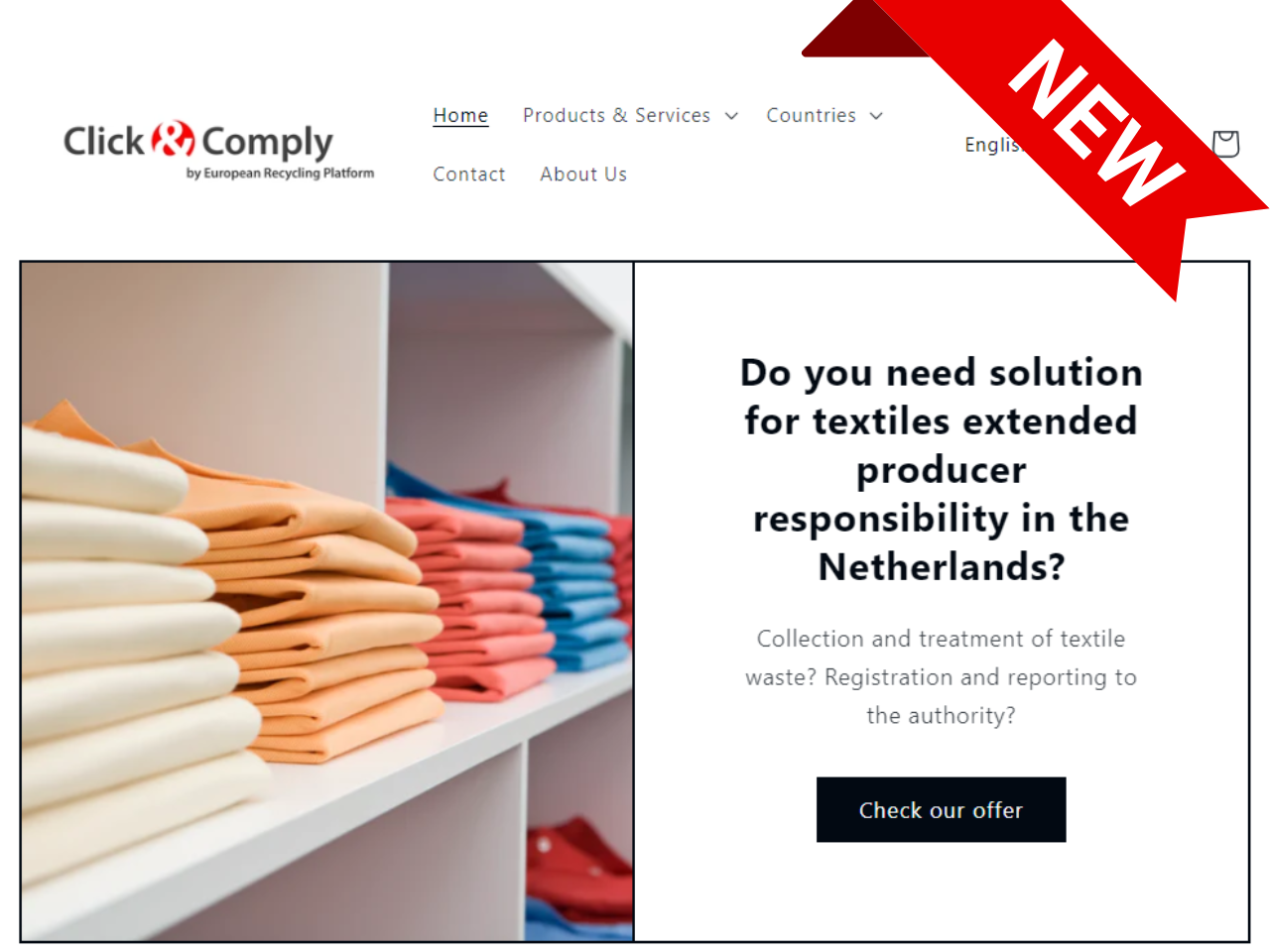What are the latest developments concerning environmental legislation globally? We’ve picked out some highlights for you for May 2023.
ERP proposes amendments to WEEE Directive on PV modules
Landbell Group company European Recycling Platform (ERP) has contributed to the European Commission’s public consultation on its proposal to amend the Waste Electrical and Electronic Equipment (WEEE) Directive. The review addresses the question when and by whom the takeback of PV modules must be financed and was triggered by a ruling of the European Court of Justice (see article in March’s COMPASS).
In its position paper, ERP used the opportunity to address additional aspects on collection and financing. Regarding collection, ERP proposes to introduce a separate category for PV modules and to strictly separate this from the current category of “large equipment” as both types of equipment have fundamentally different characteristics and lifetimes.
Each sector should be able to achieve the collection targets with its own products, rather than being forced to achieve them by collecting other products, jeopardising the achievement of the collection target in another product sector.
ERP also advocates an adjustment of the current collection target of 65%, which is unrealistic given the long lifetime of PV modules. The target should therefore be calculated based on the volume of waste modules available for collection rather than the volume of new modules placed on the market.
In addition, due to the long lifetime of the modules, and to create a level playing field between producers and producer responsibility organisations, specific measures need to be implemented to ensure a sufficient and secure budget for future waste obligations.
The next step will be for the European Parliament and Member States to consider the Commission’s proposals.
European Commission to tackle greenwashing
On 22 March, the European Commission presented its proposal for a directive against greenwashing and misleading environmental claims. The directive aims to ensure that consumers can make informed choices in favour of environmentally friendly products and services. It also aims to curb companies that use greenwashing to gain an unfair competitive advantage.
In future, traders will have to carry out a detailed assessment of environmental claims to ensure that they are scientifically substantiated and truthful. In particular, where these environmental claims relate to comparable products from other retailers, it must be ensured that the assessment is based on an equivalent methodology.
Environmental labels should also be made more transparent and consistent so that they provide the final consumer with meaningful information on the environmental standards of the product or service. To ensure this, the labels will in future be verified and validated by national authorities.
The proposal for the Green Claims Directive has launched an eight-week stakeholder feedback period. It will then have to be approved by the European Parliament and the Member States.
New sustainability reporting requirements from 2024
The Corporate Sustainability Reporting Directive (CSRD) came into force at the beginning of the year. The Directive modernises and strengthens the rules on social and environmental reporting by companies. This should lead to greater transparency and more targeted investment in companies with high environmental and social standards.
From 2024, companies must collect and prepare sustainability data and information for publication the following year. For the time being, these new rules will only apply to large public interest companies with an average of more than 500 employees.
The reporting requirements will be extended to other companies by 2029, so that by the end of the decade companies of almost all sizes (except micro-enterprises) will be affected by the new rules.
Sign up for our monthly
report COMPASS here:
Your email











